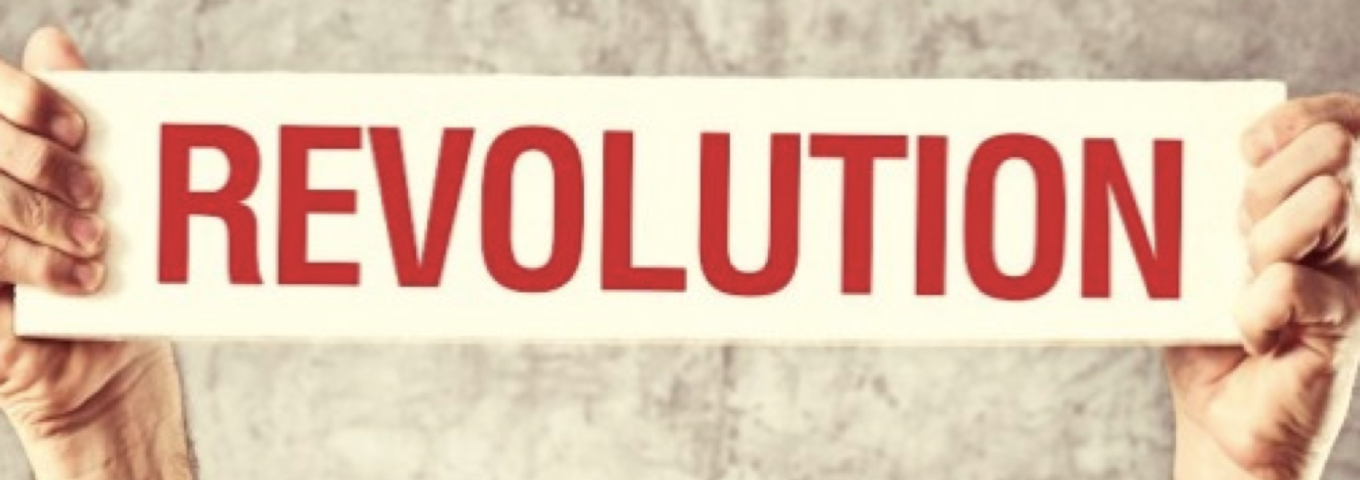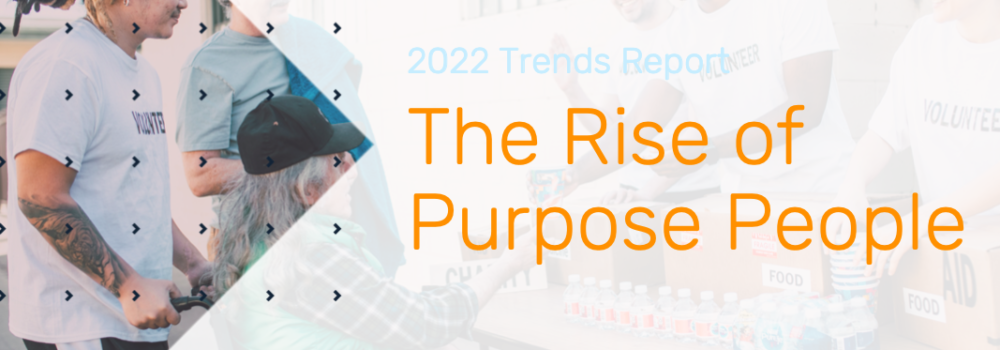Education and Mental Health Top List in New Issue Affinity Study
As we head into the fourth quarter of 2018, one can’t help but to look back at what a year it was! Let’s reflect:
- It was only a little over a year ago that Hurricane Harvey slammed the Texas coast inflicting a record-setting $125 billion in damage to the area.
- It was exactly 12 months ago that the #MeToo Movement gained global attention, following sexual misconduct allegations against Harvey Weinstein, in response to the widespread prevalence of sexual assault and harassment in the workplace.
- Only four months later, our nation was paralyzed by the Parkland, FL school shooting that took the lives of 17 students and staff members – sparking yet another movement in March of this year with the National Student Walkout and #MarchForOurLives protest for stricter gun control.
- It was just this Summer that beloved personalities like Anthony Bourdain and Kate Spade perished due to mental illness – encouraging more conversation around the much-needed support for the disease.
Combine all of these events with the fact that a 2017 Pew Research Center study found that only 2 out of 10 Americans say they trust the Government in Washington, and it offers natural questions from social impact professionals like us: “Have the last 12 months really changed our perspective on what social causes matter the most? What issues should Corporate America get involved in? Perhaps even more importantly, why should corporations and nonprofit organizations care?
Catalist’s new Issue Revolution study profiles the top social causes that resonate with Americans today, the conversations around these issues, who is having them, and how we all want deeper engagement with the cause and the knowledge of the impact we help to catalyze. In the report’s foreword, written by the legendary Carol Cone, she says:
“Today, companies are expected to embrace a purpose beyond profits, as they move from marketing at consumers to mattering to people. In this report, you will find that demographic, psychographic, and geographic factors can have a significant impact on whether or not a cause resonates with a specific audience.”
With everything that has occurred in the past year, what social issues do resonate with Americans? Turns out, Americans still find the “tried and true” causes like Health and Cancer to be important, but social issues like Education (#1), Mental Health (#3) and Environment (#4) round out the top five. When compared to similar studies over the past few years, Mental Health along with Gun Control, LGBTQ Equality, Veteran Affairs and Gender Equality are the fastest growing social issues that Americans find relevant to them.
Understanding relevant causes to key stakeholders is important, but realizing the personas behind some of the most talked about issues is even more fascinating. Through psychosocial profiling and social listening, Catalist identifies the influence level of the voices behind social causes like Education and LGBTQ Equality, which brands they love and which nonprofit organizations they currently support, for example.
The Issue Revolution underscores the need for specific issue identification and greater personalization with conclusions like:
- Volunteerism has nearly doubled over the past three years – rivaling donations as a preferred way to support a cause.
- Over 20% of Americans are using their voice and social networks to support a cause – which should encourage brands to join and amplify the conversations around topical social issues.
- With 86% of Americans believing it’s important to understand the impact a brand is making on a social issue, demonstrating and reporting impact through explicit outcomes to stakeholders is now obligatory.
- Distinct contracts around cause affinity across age and gender lines reveal opportunities for cause personalization and deepened social authenticity.
The key takeaway: What matters most to your stakeholders should matter most to your brand.
No one knows this better than Maggie Hureau, Senior Manager of Impact Giving at Harry’s. Harry’s recently made a strategic decision to refine their 1% model to invest in growing the social impact work of the brand even more to create deeper alignment with the brand purpose. The Harry’s team was unsure if the causes they were currently supporting were resonating with their audience, yet they knew how important it was to uncover these answers. They were interested in learning more about how their new social mission was received by their customers and if it fit into their current mindset. Simply, did the issues Harry’s cared about matter to their people? Maggie leveraged her partnership with Catalist to run a consumer cause affinity analysis, unveiling key insights about the Harry’s consumer.
“Catalist’s data and issue mapping helped us commit to some of our newest campaigns and is helping us plan for the future,” said Maggie. “For Harry’s it was incredibly useful to come back to hard data so we aren’t reliant on comments made on social media or a small percentage of customer emails. The reports confirmed what we already thought were important issues to customers and helped us think about new causes within our social mission to consider.”
You may have seen some of Harry’s powerful initiatives this year that were built on knowing more about what matters to their consumers: Pride Month campaign to support GLAAD and other LGBTQ organizations in June and CALM (Campaign Against Living Miserably) in the UK supporting mental health and suicide prevention.
In 2018, nearly every brand claims to be a purpose-driven brand because we know how important purpose or social impact is to consumers, employees and shareholders. A company with purpose is no longer the exception but the expectation. Now what? Exploring what purpose means to your company, your brand and your stakeholders is the next chapter in today’s purpose-saturated world. The future is built on knowing more about your people, using collaboration and leveraged influence to solve our society’s biggest challenges. If you’re already doing a lot, ask yourself:
“How can my brand do more tomorrow than we did today?”
With insights and contributions from social impact powerhouses like Afdhel Aziz, Rachel Hutchisson, Katy Moore and Max Lenderman, download The Issue Revolution report now to help your company or organization claim change!









Leave a Comments